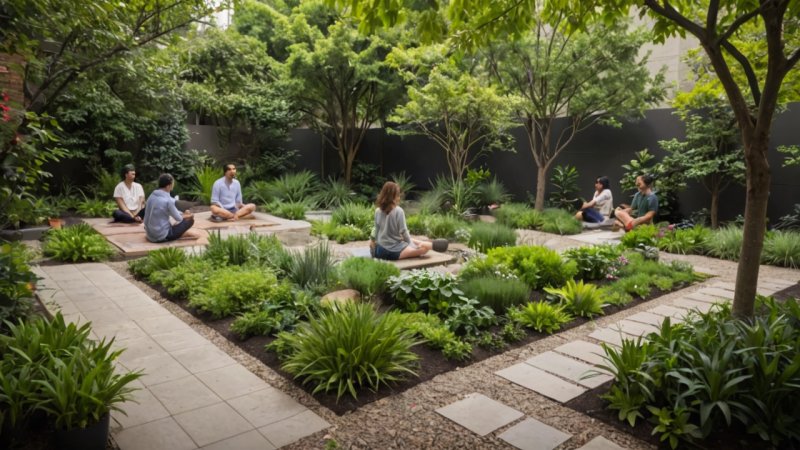Introduction
Urbanization has transformed our living spaces, bringing both opportunities and challenges. While cities offer economic prospects and cultural diversity, they can also contribute to increased stress and mental health issues. In this article, you will learn how to navigate the complexities of urban living and enhance your mental well-being through practical strategies and lifestyle adjustments.
Step 1: Understand the Impact of Urbanization
Before making changes, it's important to recognize how urbanization affects mental health. Research shows that crowded living conditions, noise pollution, and social isolation can exacerbate anxiety and depression. Understanding these factors will help you identify areas for improvement in your own life.
Step 2: Create a Personal Sanctuary
Your home should be a place of peace amidst the urban chaos. Here’s how to create a calming environment:
- Declutter: Remove unnecessary items that contribute to stress.
- Incorporate Nature: Add plants or natural elements to your space.
- Designate Relaxation Zones: Create specific areas for meditation, reading, or other calming activities.
Step 3: Establish a Routine
A structured routine can provide stability in a fast-paced urban environment. Consider the following:
- Set a Wake-Up Time: Start your day at the same time to regulate your body clock.
- Incorporate Exercise: Schedule regular physical activity, such as walking or cycling, to boost mood.
- Plan Downtime: Allocate time for relaxation and hobbies to recharge your mental batteries.
Step 4: Build Community Connections
Social support is crucial for mental well-being. Here are ways to foster connections:
- Join Local Groups: Participate in community events, clubs, or classes that interest you.
- Volunteer: Helping others can enhance your sense of purpose and belonging.
- Reach Out: Make an effort to connect with neighbors or coworkers.
Step 5: Utilize Urban Resources
Cities often provide a wealth of resources for mental health. Explore your options:
- Visit Parks: Spend time in green spaces to reduce stress.
- Access Mental Health Services: Look for local counseling services or support groups.
- Engage in Cultural Activities: Attend art exhibits, concerts, or workshops to stimulate creativity.
Step 6: Practice Mindfulness and Stress Management
Incorporating mindfulness techniques can significantly improve your mental state. Consider these practices:
- Meditation: Dedicate a few minutes each day to meditate and focus on your breath.
- Journaling: Write about your thoughts and feelings to process emotions.
- Deep Breathing: Use deep breathing exercises to calm your mind during stressful moments.
Step 7: Monitor Your Progress
Keep track of your mental health journey by:
- Setting Goals: Define what you want to achieve in terms of well-being.
- Reflecting Regularly: Take time to evaluate your feelings and adjustments made.
- Seeking Feedback: Talk to trusted friends or professionals about your progress.
Conclusion
Urban living can pose challenges to mental health, but with proactive steps, you can create a fulfilling and balanced life. By understanding the effects of urbanization, establishing routines, building connections, utilizing resources, practicing mindfulness, and monitoring your progress, you can enhance your mental well-being. Remember, small changes can lead to significant improvements, so start today!






